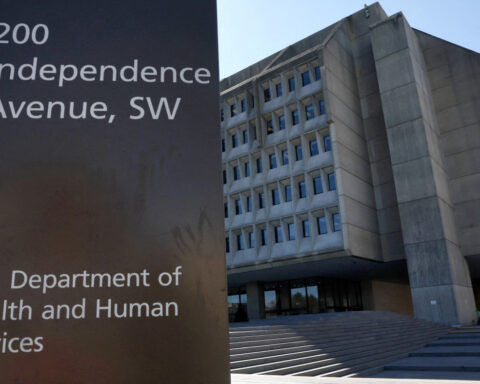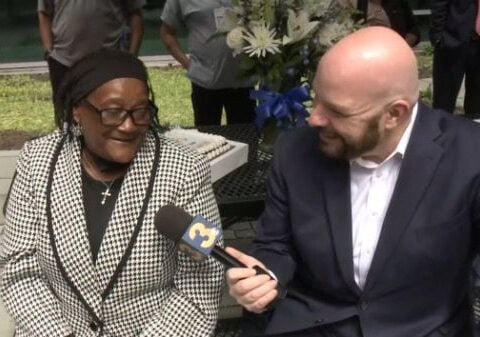John Foley, who used to run Peloton and hit billionaire status during the pandemic boom, now says he's lost all of his money and is selling off his stuff.
"I've had to sell almost everything in my life," Foley recently admitted to the New York Post.
Foley founded Peloton in 2012 and led the company for ten years. As people went crazy for home workouts during COVID lockdowns, Peloton's value skyrocketed to $50 billion in 2021, with Foley's personal worth hitting $1.9 billion, Bloomberg reports.
But when COVID restrictions eased and people flocked back to gyms, Peloton's sales plummeted, and its stock crashed. By the time Foley resigned as CEO in February 2022, his fortune had shrunk to $225 million.
Foley said, "You know, at one point I had a lot of money on paper. Not actually [in the bank], unfortunately."
Foley described a series of setbacks, like overestimating post-COVID sales and the PR nightmare when a beloved TV character died on a Peloton in the new "Sex and the City" show.
"We were coming out of Covid. The stock was getting crushed. And then the Mr. Big thing happens…it was brutal," Foley recalled. "All of a sudden, we were just being trolled...everything was collapsing."
The former CEO said he has had to significantly downsize his lifestyle, including selling a $55 million home in East Hampton.
"My family took it well," Foley said. "My wife's super supportive. My kids are probably better for it, if we're keeping it real."
Despite his current financial troubles, Foley is not giving up—he's still chasing that next big win. He's started a new business, selling rugs directly to customers. His company, Ernesta, has already raised $25 million from investors.
Foley said, "I'm working hard so that I can try to make money again...because I don't have much left. And so I'm hungry and humble."
These days, Peloton's only worth about $1.8 billion - a pale imitation of its former glory. They've had to shake things up big time - shutter hundreds of stores and sell off its benefit company - all to try and get back in the black.
Foley's experience underscores the volatility of paper wealth tied to stock prices, particularly for executives of high-growth companies. Ben Francis, founder and CEO of Gymshark, echoed this sentiment after being named Britain's youngest billionaire, stating that such wealth is "all on paper" and subject to fluctuation.
"It could double, it could [halve]," the millennial entrepreneur added. "That's why I think it's important that no individual should ever pin their self-worth on things like wealth, net worth, or anything financial."
This is why he considers it "a wildly unproductive way to live" to define success based on one's net worth.

 Trump has begun another trade war. Here's a timeline of how we got here
Trump has begun another trade war. Here's a timeline of how we got here
 Canada's leader laments lost friendship with US in town that sheltered stranded Americans after 9/11
Canada's leader laments lost friendship with US in town that sheltered stranded Americans after 9/11
 Chinese EV giant BYD's fourth-quarter profit leaps 73%
Chinese EV giant BYD's fourth-quarter profit leaps 73%
 You're an American in another land? Prepare to talk about the why and how of Trump 2.0
You're an American in another land? Prepare to talk about the why and how of Trump 2.0
 Chalk talk: Star power, top teams and No. 5 seeds headline the women's March Madness Sweet 16
Chalk talk: Star power, top teams and No. 5 seeds headline the women's March Madness Sweet 16
 Purdue returns to Sweet 16 with 76-62 win over McNeese in March Madness
Purdue returns to Sweet 16 with 76-62 win over McNeese in March Madness








